Read Ancient African scripts from any current African language. Volume 1
Extraits
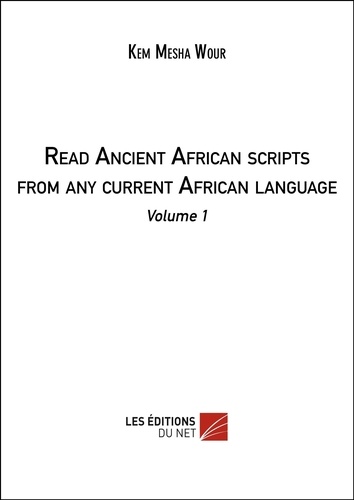
Non classé
Read Ancient African scripts from any current African language. Volume 1
05/2020
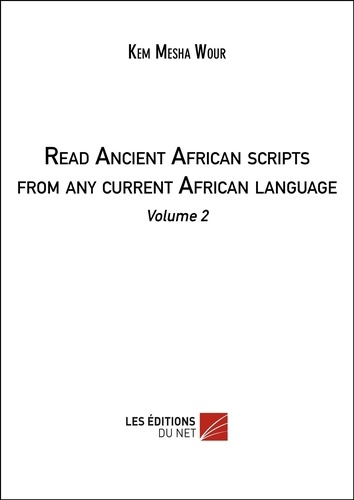
Non classé
Read Ancient African scripts from any current African language. Volume 2
05/2020
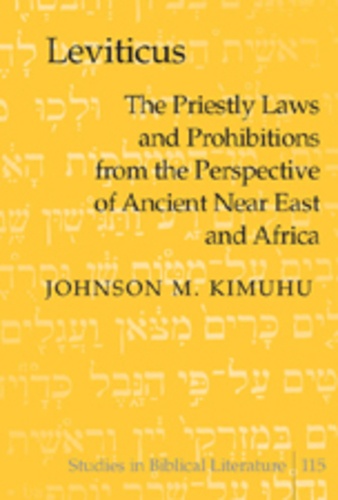
Religion
Leviticus
02/2008
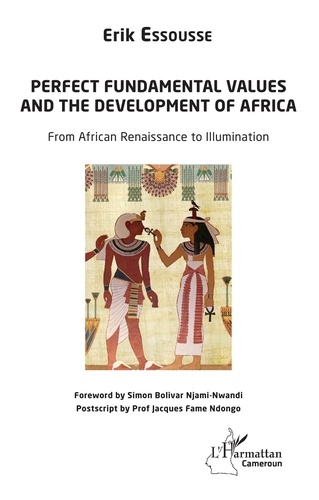
Histoire internationale
Perfect fundamental values and the development of Africa. From African Renaissance to Illumination
02/2020
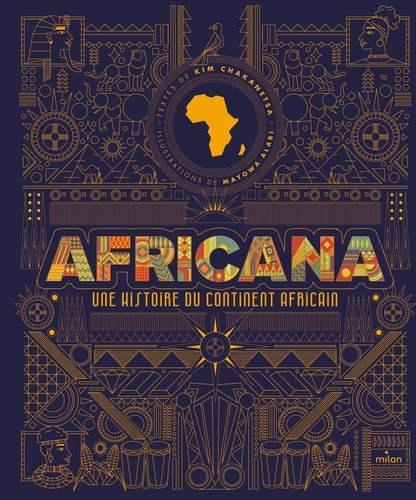
Pays du monde
Africana. Une histoire du continent africain
10livrespourNoel – "Africana" est un ouvrage dense comme une encyclopédie. Des cartes, pour représenter les différentes régions d'Afrique, les drapeaux des pays, la cuisine, la faune, la flore : tout est rassemblé pour donner une vision à 360 degrés d'un des plus grands continents du monde. Bienvenue en Afrique !
Un duo autrice et illustrateur
L'autrice, Kim Chakanetsa, est une journaliste originaire du Zimbabwe. Mayowa Alabi est un jeune illustrateur nigérian, résidant à Lagos : ses illustrations s'inspirent du folklore africain et de l'afrofuturisme.
L'Afrique contemporaine
Découvre les personnalités emblématiques de l'Afrique, qui font l'identité du continent aujourd'hui : de l'artiste Lupita Nyong'o au rappeur Wizkid, en passant par le footballeur Mohamed Selah ou la militante écologiste Vanessa Nakate...
10/2023
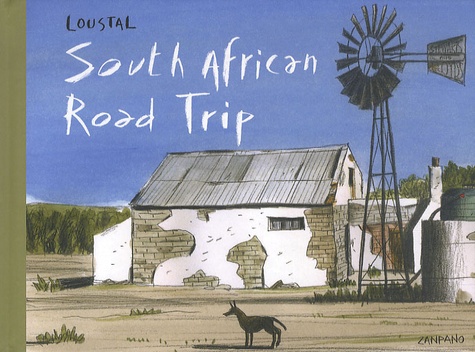
Tourisme étranger
South African Road Trip
04/2012
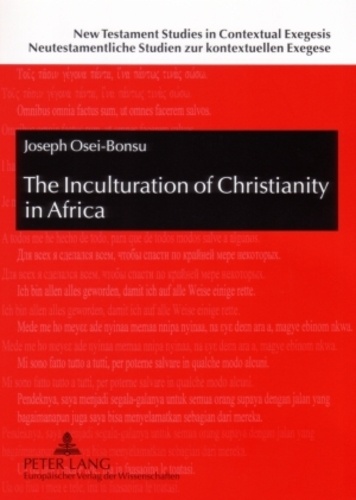
Non classé
The Inculturation of Christianity in Africa
10/2005
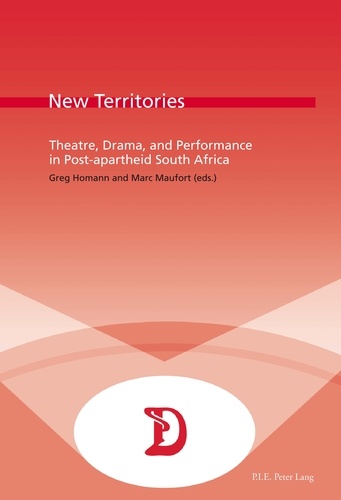
Théâtre
New Territories. Theatre, Drama, and Performance in Post-apartheid South Africa
11/1987
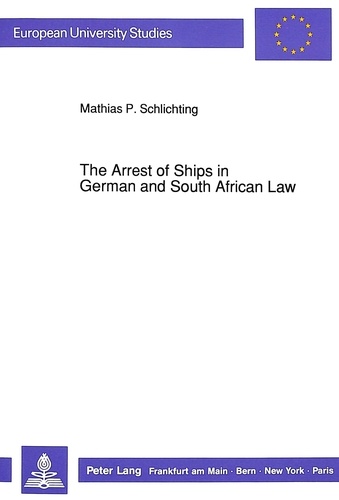
Non classé
The Arrest of Ships in German and South African Law
03/1991
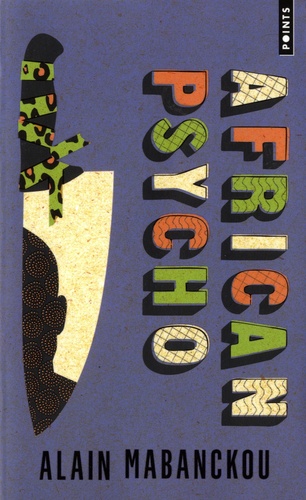
Littérature française (poches)
African psycho
08/2018
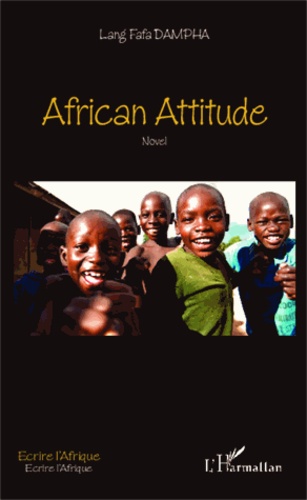
Histoire internationale
African attitude
12/2013
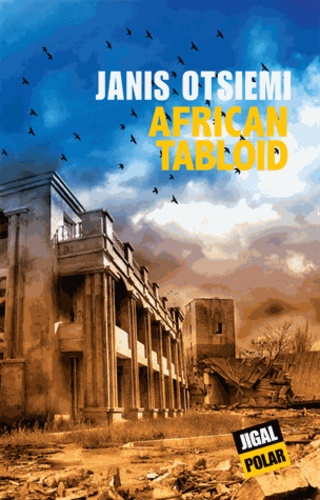
Policiers
African Tabloid
09/2013
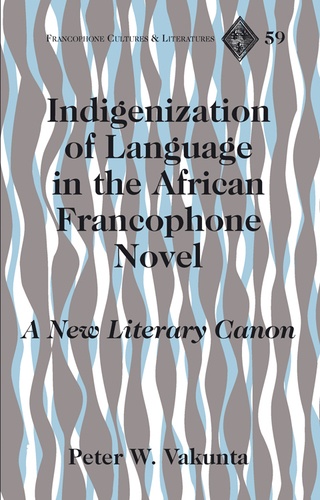
Littérature érotique et sentim
Indigenization of Language in the African Francophone Novel
12/2010
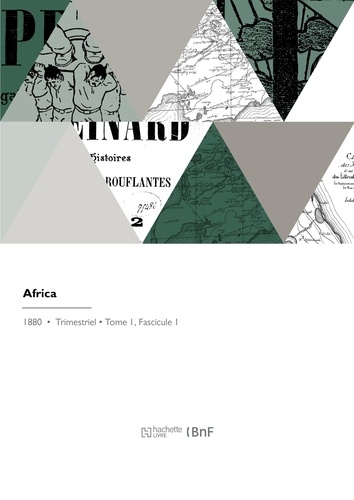
Afrique
Africa
01/2023
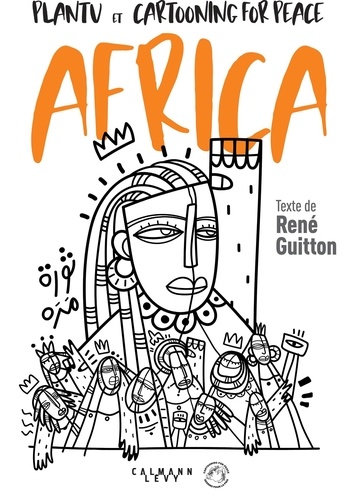
Actualité médiatique internati
Africa
05/2021
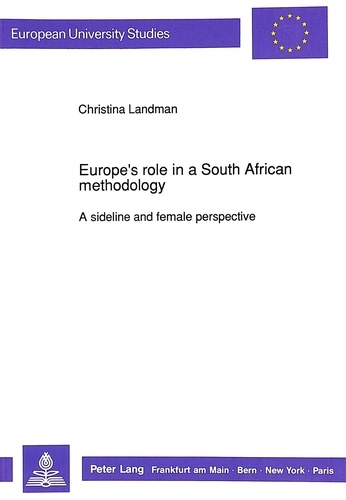
Droit
Europe's Role in a South African Methodology
12/1991
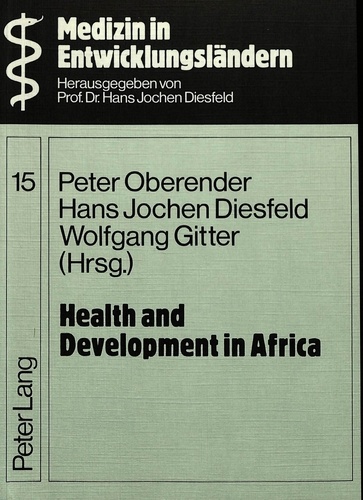
Non classé
Health and Development in Africa
12/1983
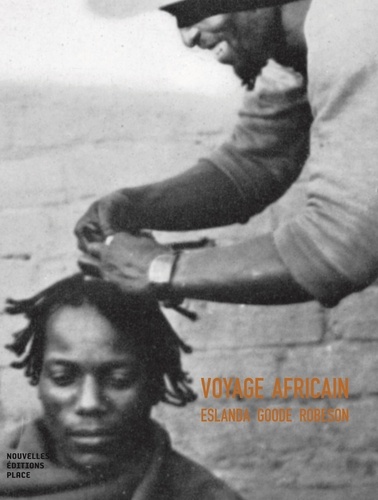
Récits de voyage
Voyage africain
CNLVoyages – Publié à New York en 1945, Voyage africain fut le premier ouvrage à succès sur l'Afrique écrit par une Africaine-Américaine. En dépit de son caractère précurseur et résolument engagé, il est pourtant aujourd'hui méconnu, tant aux Etats-Unis qu'en France. Eslanda Goode Robeson (1895-1965) apparaît donc comme une voix manquante. Militante antifasciste et anticolonialiste, formée à l'anthropologie dans le Londres des années 1930, elle part en 1936, avec son fils de 8 ans, faire des recherches en Afrique australe et orientale.
Dans Voyage africain, elle raconte son périple de trois mois à travers l'Afrique du Sud, l'Ouganda, le Congo belge, Zanzibar et le Kenya. Il y a des rencontres, des voix, des livres que l'on a attendus, cherchés toute une vie, ardemment, confusément, sans bien trop savoir ce qu'on en attendait. Mais quand le hasard les met enfin sur notre route, on les reconnait. Ce livre d'Eslanda Robeson est ce cadeau tant espéré. (Alice Diop, postface)
01/2021
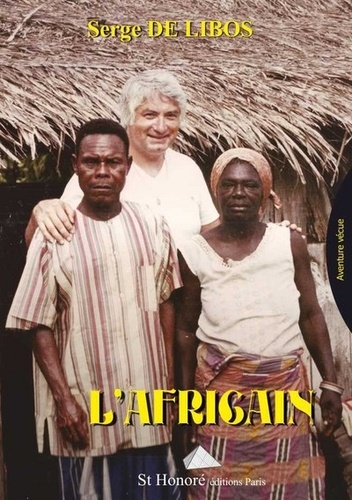
Littérature française
L'africain
10/2016
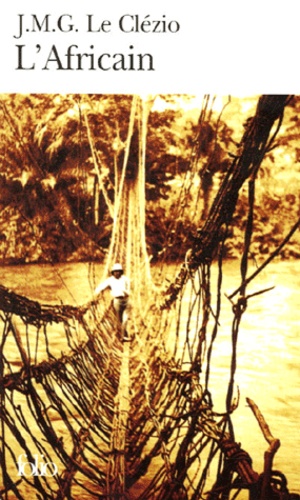
Littérature française (poches)
L'Africain
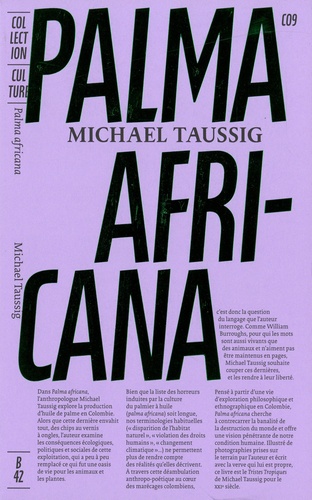
Essais généraux
Palma Africana
10/2021
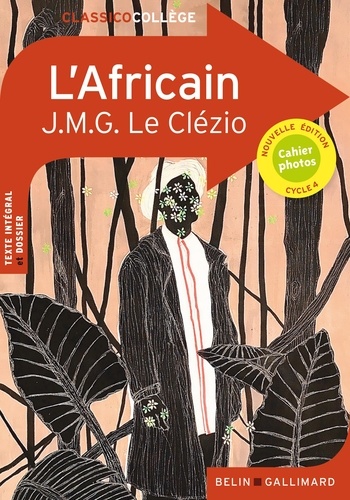
Collège
L'Africain
05/2023

Critique littéraire
Radio pluralism in West Africa
09/1993
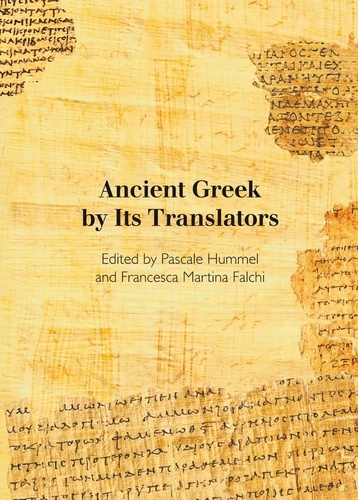
Critique littéraire
Ancient Greek by Its Translators
02/2022
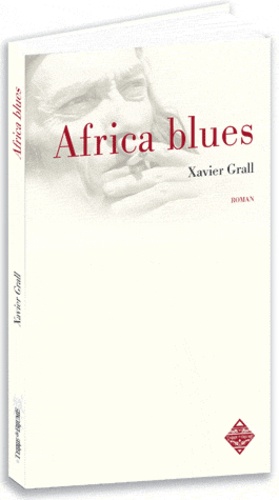
Littérature française
Africa blues
02/2011
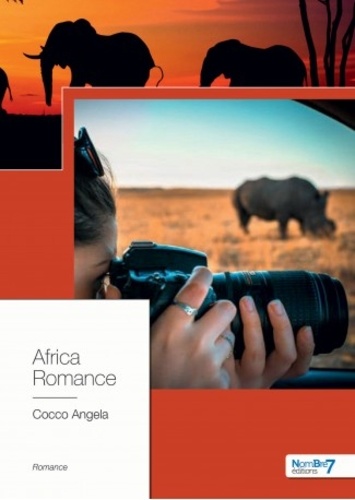
Littérature française
Africa Romance
11/2018

Littérature française
Lucy Africa
11/2014
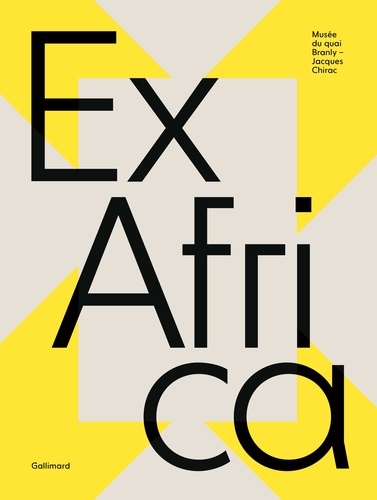
Musées français
Ex Africa
02/2021
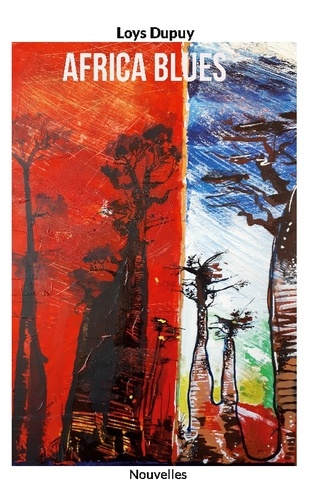
Littérature française
Africa blues
11/2022
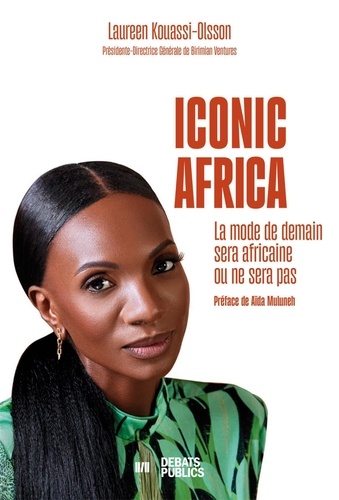
Mode
Fashion Africa
09/2023

